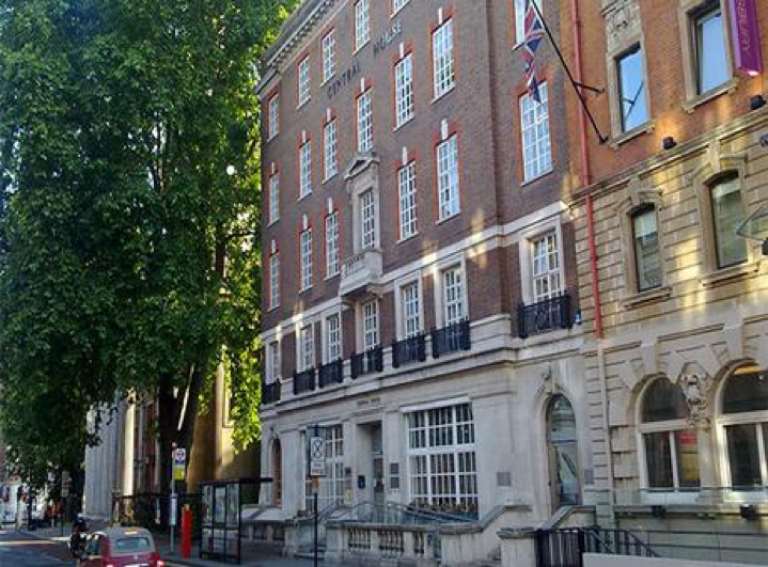IEDE to lead major global urban health research project
6 February 2018
UCL IEDE to lead major global urban health research project funded by the Wellcome Trust.

UCL IEDE has been awarded £5million to deliver vital global research on the complex and integrated systems that connect urban development and health.
Led by Professor Mike Davies, the project will research how best to accelerate action in cities in areas such as energy, transport, infrastructure, water, sanitation and housing.
Working with partners in Rennes (France), Beijing and Ningbo (China), Nairobi and Kisumu (Kenya), the project will help inform decision-makers and the public about the areas of development that provide the greatest opportunities for health and sustainability.
The project, funded by the Wellcome Trust, is one of two urban health projects announced today as part of its Our Planet, Our Health programme, which seeks to respond to the health and environmental challenges of our rapidly changing world. Imperial College will lead a project in partnership with Dhaka (Bangladesh), Vancouver (Canada), Beijing (China), Accra and Tamale (Ghana) to research sustainable urban development.
The two projects will be brought together in the London Hub for Urban Health, Sustainability and Equality, creating one of the world’s leading research hubs in this field. It will combine the research from cities across the world to build up a picture of urban health for most of the world’s populations.
Professor Mike Davies, Deputy Director of the UCL Institute for Environmental Design and Engineering, said:
To date no city has succeeded in implementing a pathway of development that is consistently and demonstrably on track to deliver long-term environment and health goals that fulfil both local needs and the increasingly urgent imperatives for planetary health.
In this programme we aim to develop system-wide understanding of how those challenges can be addressed through development and implementation of evidence-informed solutions.
The researchers will work closely with the 10 cities, gather local data and then use computer modelling to test policies such as safe low-income housing or large public transport systems to see whether they are likely to be successful, and to unearth unintended consequences.
Over half the world’s population now live in cities, by 2050 this is expected to rise to 70%. People who live in cities are on average healthier than those living rurally, mainly due to the concentration of economic activity and extensive public services. However, as more and more people are exposed to city life, these services are stretched and stressed, and the urban poor fall behind.
Around the world air pollution contributes to millions of premature deaths. Many urban populations do not have adequate access to safe water and sanitation or decent housing, and are vulnerable to infectious disease and natural disasters.
The planet is also affected by urban growth. More people means more waste to manage, more cars and associated emissions, and a greater demand for water, electricity and gas. Researchers want to develop solutions that can benefit people without straining the planet, paving the way for a more sustainable future.
Notes to editors
- The two projects to receive funding are Complex Urban Systems for Sustainability and Health, led by Prof Michael Davies, UCL, and Pathways to equitable healthy cities, led by Prof Majid Ezzati, Imperial College London.
 Close
Close

